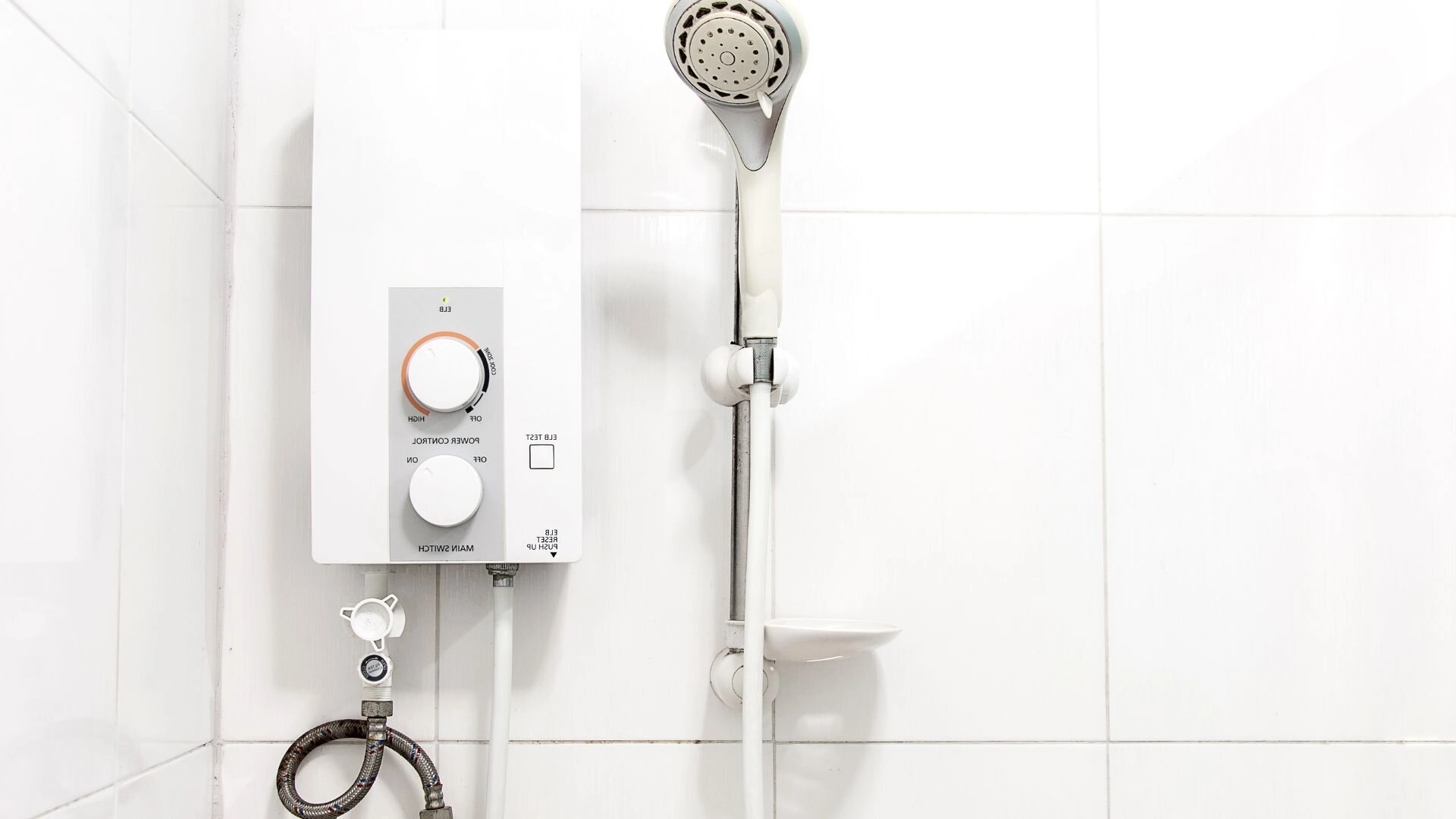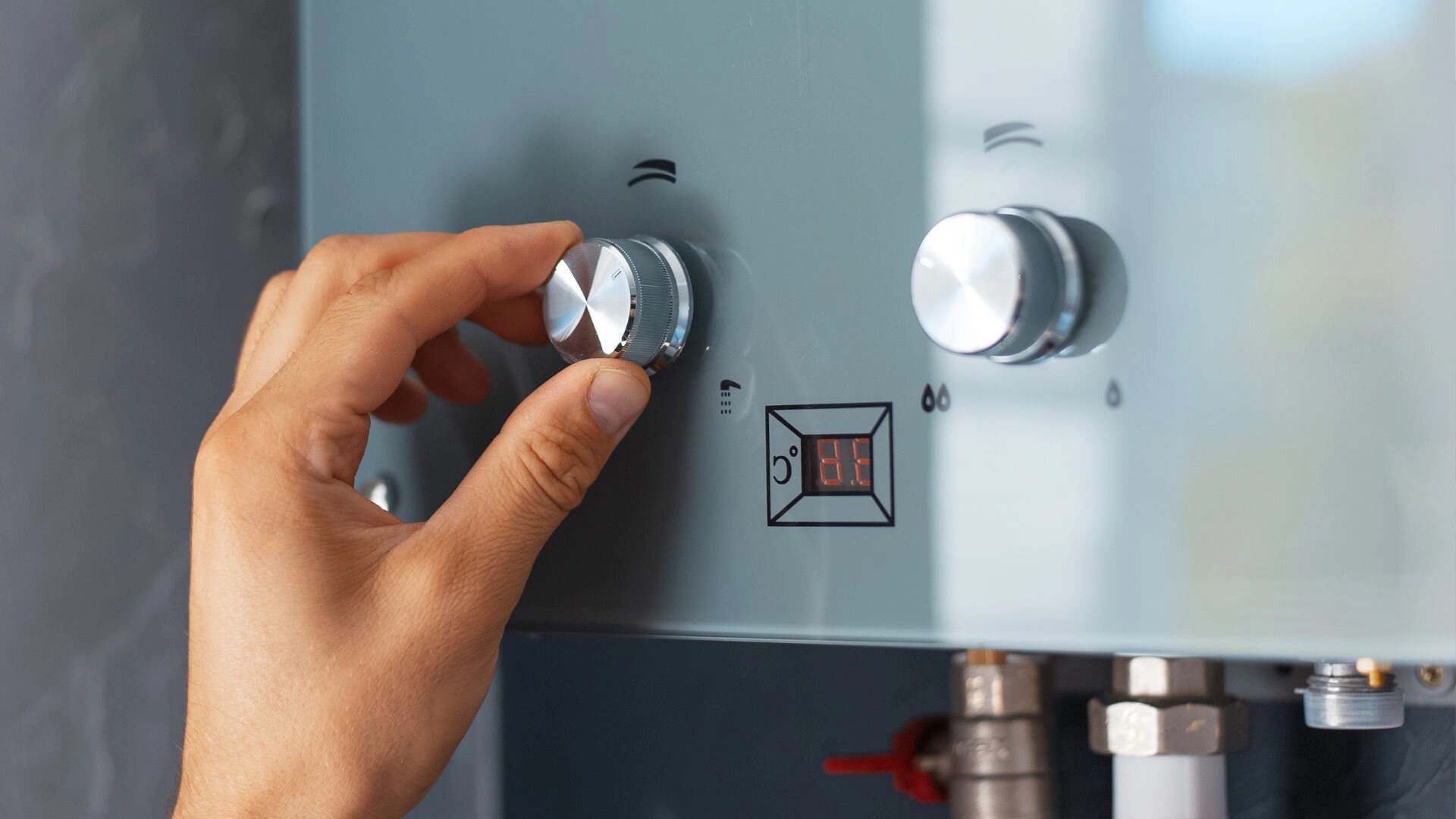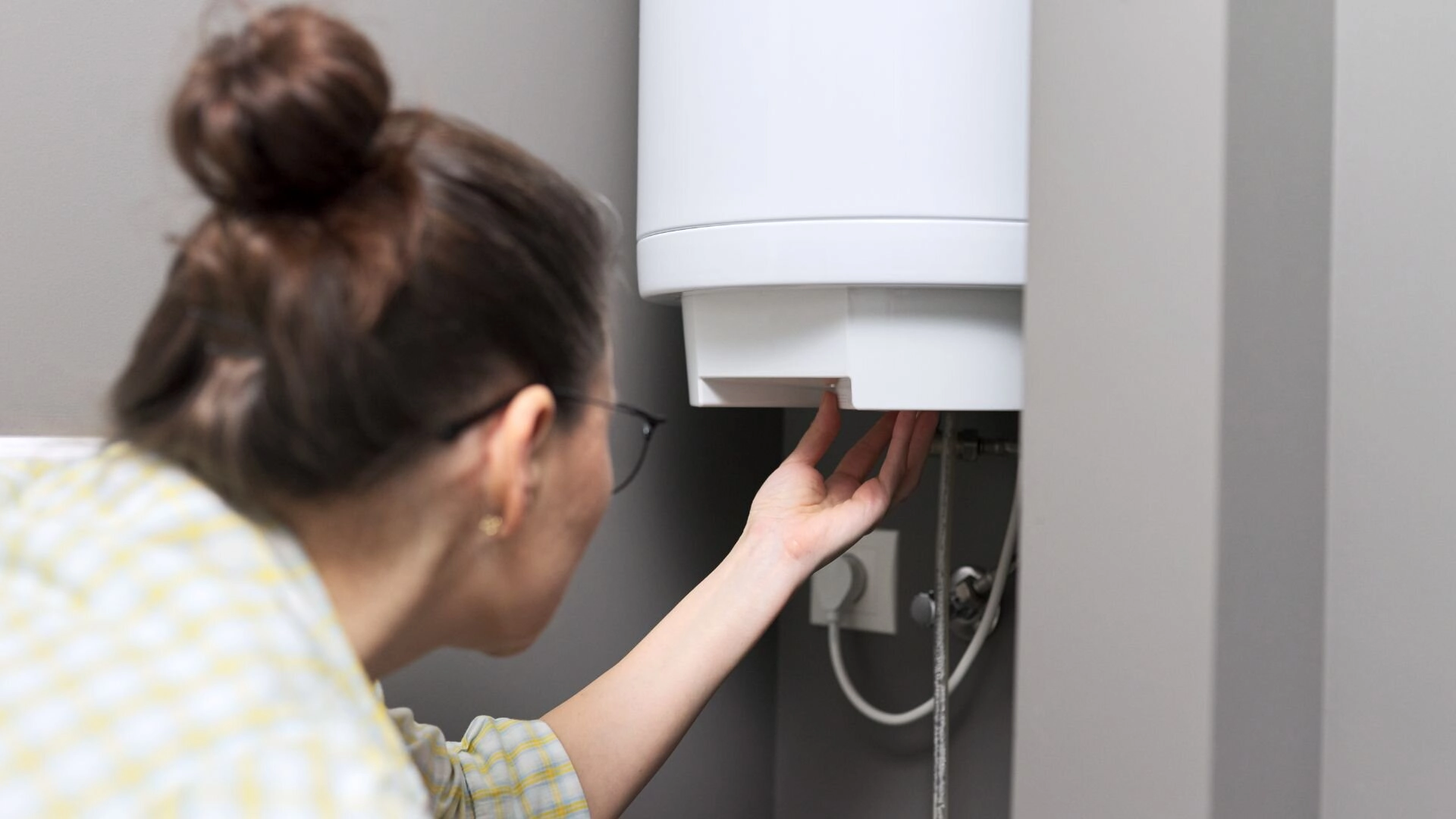What is a Continuous Flow Hot Water Heater?
Considering a continuous flow hot water heater? Learn how this tankless system heats water instantly, saving energy and space in your home.
Have you ever jumped in the shower only to be greeted by a blast of cold water? Traditional hot water systems with tanks can be frustrating, especially with high demand.
There’s a better way! Continuous-flow hot water heaters, also known as instantaneous systems , provide endless hot water. Forget bulky tanks—these units heat water on demand. Turn on the tap, cold water flows through a heat exchanger ( powered by gas or electricity ), and hot water is delivered instantly.
This blog explores the benefits of continuous flow systems. We’ll discuss how they save space, eliminate the risk of running out of hot water, and potentially lower your energy bill. We’ll also compare gas and electric options to help you choose the right system.
Ditch the tank and say goodbye to cold showers! Let’s explore the continuous flow of hot water and discover how it can revolutionise your experience.
How Does a Continuous Flow Hot Water Heater Work?
Unlike traditional hot water systems that rely on a large storage tank to keep water warm, continuous flow hot water heaters, also known as instantaneous hot water systems, provide constant hot water on demand. This means they heat the water only when you need it, eliminating the need for a constantly heated storage tank and reducing energy bills.
When you turn on a hot water tap, cold water (39°F – 44°F) pushes through the continuous flow unit . Here’s where the magic happens:
- Gas continuous flow systems : A flow sensor detects water movement and triggers a gas burner to ignite. The burner heats the heat exchanger within the unit, which in turn heats the cold water passing through it. A thermostat precisely controls the water temperature, ensuring you get the desired hot water at your shower or tap.
- Electric continuous flow systems : Similar to the gas system, a flow sensor activates upon opening the hot water tap. However, an electric heating element receives the signal instead of a burner and heats up. The cold water passing through the unit comes in contact with the hot element, transferring heat to the water. Once again, a thermostat regulates the water temperature to maintain your preferred setting.

In both systems, the flow rate of the cold water determines the amount of hot water delivered. This on-demand heating eliminates the standby energy loss associated with traditional storage tank systems, potentially leading to significant savings on your energy bill.
It’s important to note that while continuous-flow hot water systems offer excellent energy efficiency, they might not be suitable for all situations. Suppose you have a household with high hot water demand, like multiple showers running simultaneously. In that case, a gas storage system or a larger electric hot water system with tank storage might be a better fit.
So, if you’re looking for a system that provides endless hot water without the additional cost of constantly heating a large tank of water, a continuous-flow hot water system could be the perfect solution for your home.
Benefits of Continuous Flow Hot Water Heaters
Continuous flow water heaters, or instantaneous or continuous hot water systems, are gaining popularity for their ability to deliver endless hot water. Unlike traditional hot water systems with tanks, continuous flow systems heat water on demand, eliminating cold showers mid-wash.

Energy Efficiency: Heating Only What You Use
This on-demand approach is key to their energy efficiency. Instead of constantly reheating a large tank of stored water, continuous flow systems use natural gas or an electric element to heat the water as it flows through the system. You only pay to heat the hot water you use, potentially leading to significant energy bill savings.
Compact Size: Ideal for Smaller Spaces
Continuous-flow water heaters are much smaller than tank-based hot water systems, making them ideal for space-saving installations in apartments or smaller homes . Additionally, with continuous flow, you won’t experience the frustration of running out of hot water—these systems deliver consistent hot water almost instantly at the tap.
Lower Maintenance Needs
While all hot water systems require some maintenance , continuous-flow water heaters generally require less frequent servicing than tank systems. This is because they don’t have a large tank that needs monitoring for leaks or sediment build-up .
Endless Hot Water and More
If you’re looking for an efficient, space-saving hot water solution that provides endless hot water, a continuous-flow water heater might be the answer. You can choose the system that best suits your needs and existing electrical systems in both natural gas and electric models. Talk to a qualified plumber to discuss whether installing a continuous-flow water heater is right for your hot water demands and flow rate requirements.
Considerations for Continuous Flow Hot Water Heaters
Deciding on a hot water system can be tricky, and continuous flow water systems, also known as instantaneous or tankless systems, offer a distinct approach compared to traditional tank systems. But before you install one, there are a few key things to consider in true Aussie fashion.
Firstly, continuous hot water systems heat water on demand instead of constantly pushing pre-heated water from a tank. This means they rely on good water pressure to function effectively. If your home’s pressure falls below the minimum requirement , you might experience fluctuations in hot water temperature at the outlets – not ideal for a refreshing shower!

Secondly, these systems’ capacity is measured in litres per minute (L/min) . This flow rate needs to match your household’s hot water demands. Imagine you’re running the dishwasher, someone’s having a shower, and the kitchen tap is on for a cuppa. If your system has a lower flow rate, it might struggle to keep up with all this hot water demand, leaving someone (or everyone!) out in the cold.
While continuous hot water systems are known for their energy efficiency – no more constantly heating stored water in a tank – running costs can vary depending on usage and fuel type. Gas and electric are the most common choices here. Gas continuous flow systems come with an extra consideration – proper venting to expel exhaust fumes safely, something to keep in mind during installation.
Ultimately, the target is to ensure consistent hot water comfort for your household. So, how do you know if a continuous flow system is the right fit compared to a traditional tank system?
Consulting a licensed plumber is your best bet. They can assess your home’s water pressure, flow requirements, and fuel options (think gas or electric) to ensure a hot water system that meets your needs. After all, there’s nothing worse than a lukewarm shower or a cold tap when you least expect it!
Enjoy Endless Hot Water With a Continuous Flow System
A continuous flow hot water system provides constant hot water without needing a bulky storage tank. It heats water instantly as it flows through the system, triggered by turning on a hot tap. This eliminates standby heat loss and can save energy compared to traditional systems.
If you’re interested in a continuous hot water system for your home, Service First Plumbing can help. Our experienced plumbers can assess your hot water needs and install the right system to target your usage. Call 1300 375 908 for a free consultation and quote on your instantaneous hot water requirements .